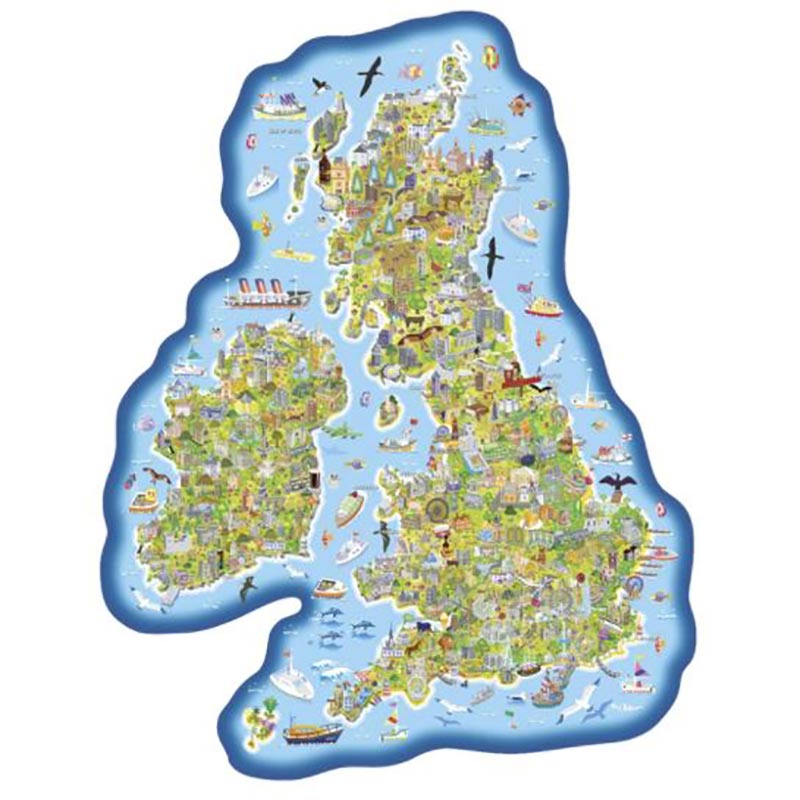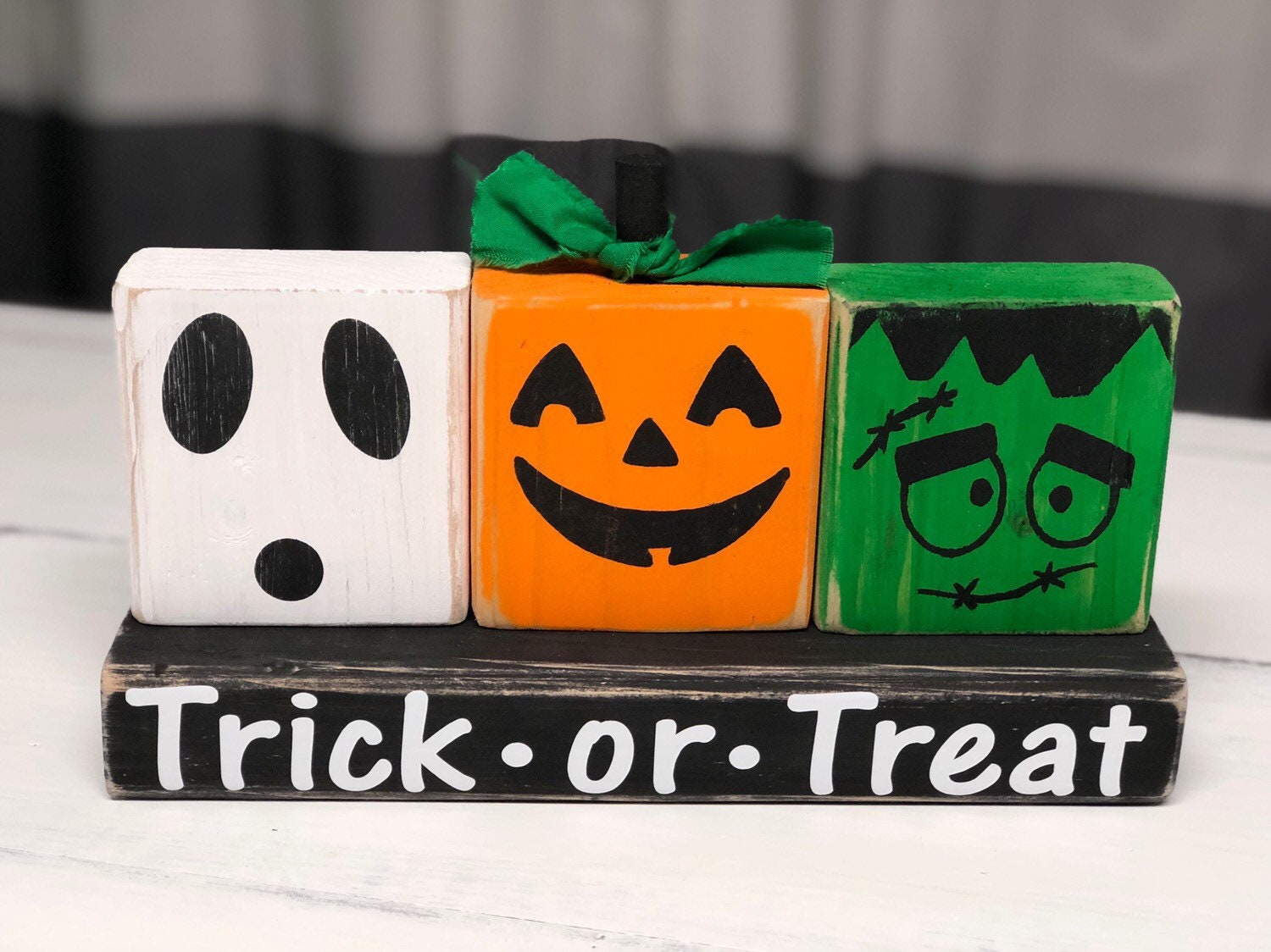
Brioche can be knit in many different ways. This stitch works well for smaller projects. It's ideal for smaller projects such as shawls & hats. Brooklyn Tweed can be used to teach you how to knit brioche. It is simple, fast, and easy to do.
Lesson 4: BrioComfort Hat
Learn how to knit the BrioComfort Hat, in both English and Continental. The brim will be the crown. It is knit in a circular fashion. Begin by creating a tubular border around the edge. Then work in two-color Brioche stitches in the middle. The brim will shape the crown as you move upwards. Next, you'll join the hat by using a three-needle binding.

BrioComfort Shawl
BrioComfort Shawl, knit in two-color Brioche, is a wonderful first project. It features color-blocked strips and a generous length so it's both stylish and comfortable.
The scarf's limited-edition design features a two-color brioche knit in rows. It's a real eye-catcher and has a "wow" factor. It's made in a style suitable for the colder months.
Brooklyn Tweed patterns to make brioche
There are many ways to knit the brioche stitch. Brooklyn Tweed patterns use this stitch. This stitch can be confusing if you don't know what the terms and abbreviations are. These abbreviations will help you to remember the techniques and stitches.
Brioche knitting is an unusual style of knitted Ribbing. It creates a textured fabric by alternating columns of knit, slipped, and yarnover stitches. Its name is derived from the fluffy texture of the final garment.

Two-color Brioche Stitch is a very popular pattern for brioche. It creates a fabric with a beautiful color play, and is a great first project for beginners. It's also a great way to experiment with brioche if you've never knit brioche before.
FAQ
What are some good hobbies ideas?
It's the hobbies you are most passionate about that make you happy. You'll be more motivated to do what you love. You'll also have an excuse when you're not feeling well or tired!
Our hobbies include painting, crafts, photography and cooking.
Volunteering could be a great option.
Suppose you're looking for something more adventurous. Take up skydiving or rock climbing, parasailing, parasailing and paragliding.
If you want to go further afield, there are plenty of unique ways to spend time in nature. These include caving.
What are some great hobbies ideas?
Hobby Ideas For People Who Love to Teach and Learn.
Hobbies allow you to enjoy what you love while also learning new things.
There are many different types of hobbies, but they all have similar characteristics. They are usually enjoyable activities that don't require a lot of effort and can be very economical.
These also involve helping others.
While you may not see yourself as a teacher at first, chances are that there is something you could do for someone else.
Consider starting a hobby to use your creativity to help others.
What is a good hobby for kids?
Any activity that kids enjoy as a hobby is something they do outside of the normal routine. You might find them interested in drawing, building things, painting, writing stories, playing with toys, listening to music, reading books, watching TV, and playing computer games. They may also like to play soccer, football, basketball, cricket, rugby, baseball, and hockey.
Many parents worry that their children will get into trouble if they're allowed to do whatever they want. This isn't necessarily true, though. Your child will not get into trouble if he or she is safe and doesn’t cause any harm to other people or themselves.
It is important to remember that people may not always choose to do what they enjoy. If they don't like writing but love drawing, they might choose to draw images instead.
There are many hobbies to choose from, so it's up you to find the one that interests you most.
What are educational hobbies?
An educational hobby is an activity where you learn something by doing it. It could be anything, from playing sports to learning how an instrument is played.
You should have fun with it. You don't necessarily have to do this all the time. But if it becomes boring, then think about what you could be doing.
You should also make sure that you are not spending too much money on these activities. It could end up costing your more than it's worth.
What types of hobbies are suitable for introverts?
Introverts can concentrate on one thing at the same time. They are more comfortable with solitary activities, such reading, writing, music, and watching movies.
They also like to be alone. They don't enjoy being social all day. They can even become bored when they're surrounded by people.
Introverts may choose to do hobbies that are more alone-oriented. You might find them reading books, listening, playing music, taking photos, writing poetry or painting.
Some introverts prefer to live alone. This allows them to concentrate on their hobby and not be distracted.
What are observation hobbies exactly?
Observation hobbies involve watching people do the things they love. This could be watching sports, reading books or going on holiday. It could also involve observing others.
You can learn creativity through observation hobbies. You can draw on this knowledge later, when you work on projects for others.
You'll discover that it's easier to learn if there's a passion for something.
For example, if you want to know more about football, you may watch a game or read a book about it. Visit or take photographs to learn more about the art of photography.
If you like to play music, you can either learn the songs online or get a guitar.
You can cook your own meals, or you could go to a restaurant.
If you love gardening, you might grow vegetables or flowers.
You could take a class or go out dancing with your friends if you enjoy dancing.
If you enjoy painting, you might paint pictures.
Writing poetry or stories is a passion if you are a writer.
You might enjoy drawing pictures, if you are a good artist.
If you are passionate about animals, you can look after them or work at the zoo.
You could choose to study biology, maths, chemistry, or physics if you are interested in science.
You can read books, listen to podcasts, or watch films if history interests you.
You could explore the world or travel to places you love if you are a lover of traveling.
What are the competitive hobbies?
Running, swimming, cycling and tennis are all competitive sports.
They are usually enjoyed by people who enjoy being active, but also allow for social interaction.
If you have a hobby that involves physical activity, then you'll probably find that there are other people around who share this interest.
This could mean joining a club, or group that meets regularly to do sports together.
You may also want to play in a team game, where you are playing with others.
These include football (soccer), cricket, rugby, netball, basketball, hockey, baseball, volleyball, badminton, squash, handball, and table tennis.
There are many types of competition.
Some competitions are organized for purely recreational purposes.
Others are designed for competitors to prove their skill.
And still, others are designed to reward outstanding performance.
The winners are awarded prizes in these cases.
Other competitions are intended to test strength and stamina.
These are called endurance events.
For example, marathon races, triathlons, Ironman Triathlon, etc.
Athletes often train hard before competing in these events.
They will follow a strict training program to prepare themselves mentally and physically.
They might need to travel some distance during preparation.
It is important to remember, not all athletes will compete in every type and event.
Statistics
- Studies show that just six minutes of reading can reduce stress levels by 60 percent. (oberlo.com)
- This 100% accurate personality-analyzing hobby quiz discovers your passion based on your characteristics. (quizexpo.com)
- A new survey by Pew Research Center of teens ages 13 to 17 finds that 36% of girls feel tense or nervous about their day every day; 23% of boys say the same. (pewresearch.org)
- In comparison, men in the “no humor” condition were refused 84.6% of the time and were only accepted 15.4% of the time. (time.com)
- I am 100% biologically a woman (discover.hubpages.com)
External Links
How To
How to learn how to play a musical instrument
There are many methods to learn music. You could either go to a school, buy a book, take lessons from someone who plays an instrument, watch videos online, etc. However, if you decide to find your own way to learn, here are some tips and tricks that might help you out.
-
Find something that interests and you. If you don't like any of the instruments you see around, then you should try another one. It would be hard to get into playing an instrument if you don't enjoy doing it.
-
Be patient. It takes time to learn anything new. You don't have to learn everything in one go. Instead, continue to practice each day.
-
Keep practicing regularly. Even if you feel tired, keep practicing. This will ensure you don't forget what lessons you have just learned.
-
Pick a place where you can practice. Ideal is a quiet area where you don't have to disturb anyone else. Make sure there aren't distractions. You should avoid loud music being played near you.
-
Have fun! Music is meant to be enjoyed. Have fun with your practice. You'll be more motivated to practice if you enjoy yourself.
-
Set goals. You will know what you need to do if you have goals. There is no excuse for failure.
-
Keep track of how you are doing. Keep track of all your successes and failures. Doing so will help you improve over time.
-
Take breaks. Sometimes it is enough to just stop and think. It is a good idea to take breaks so you can think about everything.
-
Ask questions. Ask other people if you have any doubts or confusion regarding certain aspects of the instrument. They might be able to assist you.
-
Listening is the best way of learning. Many musicians listen to songs that they like and imitate them. This allows them to grasp the basic concepts of the song.
-
Read books. Watching videos or taking classes will not teach you as much as reading books. Books also contain information that you cannot find elsewhere.
-
Get involved in a band. You'll be more motivated to practice when you are playing with others. Plus, you will find people with similar interests to you.
-
Watch tutorials. Tutorials are short videos that explain various topics in great detail. Tutorials are short videos that focus on one part of the instrument. Tutorials can help you understand complex parts of your instrument.
-
Different methods are possible. Some people prefer to learn via lectures while others prefer to read. Experiment until you find what works best for you.
-
Practice makes perfect. Nobody becomes an expert overnight. It is important to put in a lot of effort before you can become skilled enough to perform well.
-
Get along with other musicians. Listening to your fellow musicians perform their favourite songs can help you learn quicker.